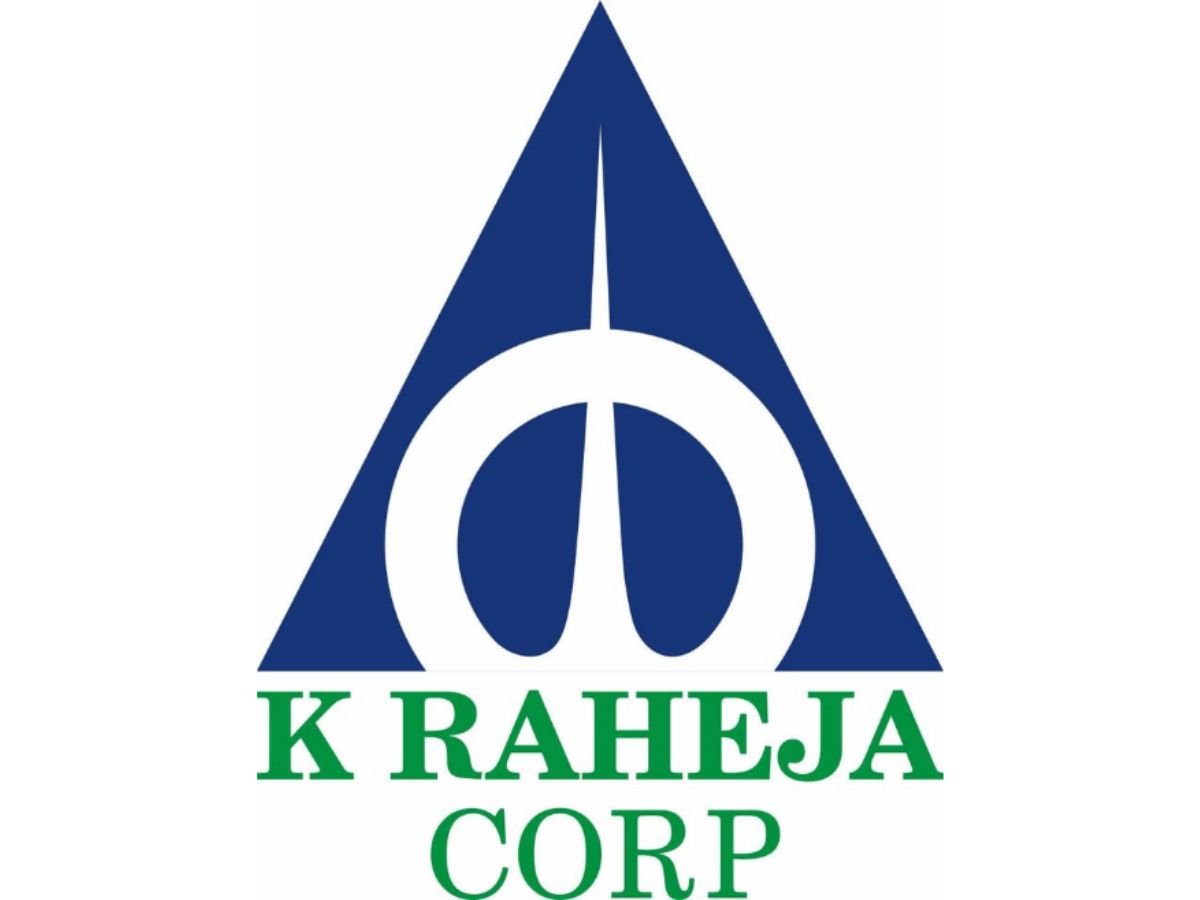
Growth vs Value Investing – By Sidhavelayutham, Founder & CEO, Alice Blue
Sidhavelayutham, Founder & CEO, Alice Blue
Bangalore (Karnataka), August 9: For any investor, it is really a difficult decision to go for either value investing or growth investing. One may choose to go for either, but the goal for these two different schools of thought remains the same. The ultimate objective is to generate higher returns on the invested capital over a particular time horizon. On a global scale, value investing has been mostly a consistent winner since World War II (1939-1945 era). However, the underperformance has been visible from 2007 till 2020. In fact, in the context of the Indian stock market, the period from 2018 to 2020 belonged to growth stocks.
Growth stocks are high P/E stocks that deliver better EPS growth than the average industry or market EPS over time. Every investor wants to have a piece of the stock in which the company’s future growth potential is substantially higher than other players in the industry. Additionally, these stocks tend to perform exceptionally well in declining interest rate decisions made by the RBI as this bumps-up corporate earnings. However, one always runs the risk of facing huge capital erosion due to sudden negative news or results of the company. Hence, it is absolutely quintessential for any investor to understand how much of the impact is priced in the stock. Popular global investor Howard Marks stated, “Any asset is an excellent asset at the right price.”
Take, for example, Varun Beverages. If one analyzes the period from Dec 2017 to Dec 2022, the revenue of the company has grown from Rs. 4000 cr annual revenue to above Rs. 13000 cr in Dec 2022. That’s a huge jump of 229%. In fact, if you look at the bottom line, it was just 214 cr in Dec 2017, and now the figure has crossed `1500 cr in Dec 2022. It is a 7x jump. An era of significant growth, but what about the stock price? It was trading at around Rs. 100 in Dec 2017, the stock reached nearly Rs. 700 in Dec 2022 and is currently trading at Rs. 830. There is no stopping this growth-based multi-bagger stock. However, if there is any impact on its relationship with PepsiCo, the stock might just tank from its peak.
Value investing is the art of buying undervalued stocks trading at a lower valuation and selling it at the forecasted intrinsic value. The lower the P/E and P/B ratios for these stocks, the better it is for investors. Additionally, these stocks have a much higher dividend yield as compared to growth stocks and are relatively less volatile. The cash flow estimation is also highly reliable as compared to the growth stocks.
Now, if you look at Ircon International, a year back, the stock was trading at a P/E of 5.7x. Railways as a sector were underperforming over this time. However, conventional businesses like these, including power, started to outperform other sectors due to Govt’s focus on improving the railway infra of the nation. The stock is now trading at a P/E of 12.5x. Talking about the stock movement, it was around Rs. 40 in Sept 2022, and now it is above Rs. 100, along with a dividend yield of around 2.5%. That’s value investing, when you identify an undervalued stock and sell when it reaches its intrinsic value.
One needs to understand that no investing style works forever. It is the situation analysis that an investor needs to do before choosing one. It is always advisable to make a combination of both styles as it generates higher returns at lower risk with diversification benefits. The risk profile of the investor is also equally important to judge in this scenario. In fact, a stock can evolve over a period of time from a value stock to a growth stock and vice-versa.
For more information on Trading or investing in the stock markets, contact us or log into www.aliceblueonline.com
If you have any objection to this press release content, kindly contact pr.error.rectification[at]gmail.com to notify us. We will respond and rectify the situation in the next 24 hours.




